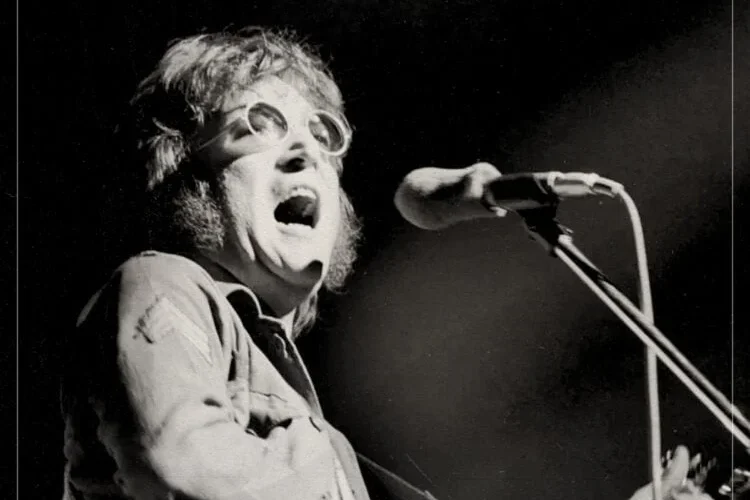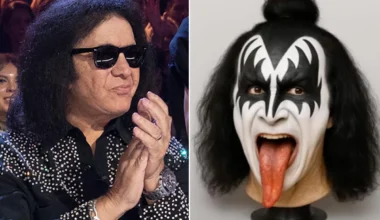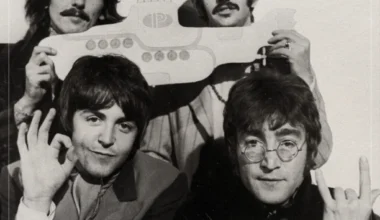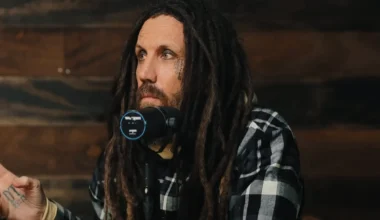Behind the rebellious image, the sharp wit, and the defiant activism, John Lennon carried a weight few ever fully saw: a lifetime of unresolved fears rooted in a troubled childhood. For fans like me, understanding John’s inner world means acknowledging not just his genius—but his pain.
As a young boy in Liverpool, John experienced abandonment early. His father, Alfred, disappeared. His mother, Julia, came and went—vibrant but unreliable. Eventually, John was raised by his Aunt Mimi in a stricter, more emotionally distant household. These experiences didn’t just influence his songs—they shaped his deepest fears.
In interviews and writings, John often spoke of a recurring fear of being alone—not just physically, but emotionally invisible. That fear often manifested in intense jealousy, deep insecurities, and a need for constant reassurance in relationships. Even in his most confident performances, there was often a sense of fragility beneath the bravado.
One of the most heartbreaking confessions came during his final interviews in 1980. John admitted that he still feared being unloved. “I never really felt safe,” he said. “Not truly.” That fear didn’t disappear with fame—it simply dressed itself in louder clothes.
But what makes John’s story so powerful isn’t the fear itself—it’s how he channeled it. Through music. Through art. Through love. Songs like “Help!”, “Isolation,” and “Mother” weren’t just compositions. They were therapy—spoken truths in a world that wanted silence.
To love John Lennon is to love all of him—including the scared boy who became a man brave enough to write his pain into melody. He taught us that fear doesn’t make you weak. It makes you human.






